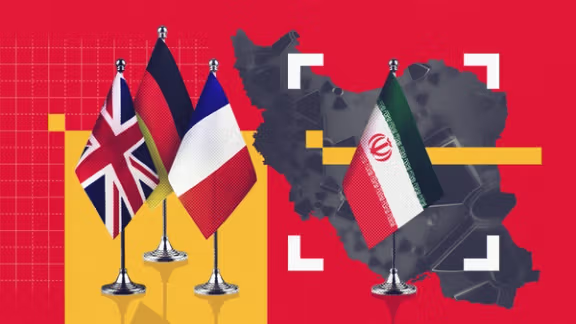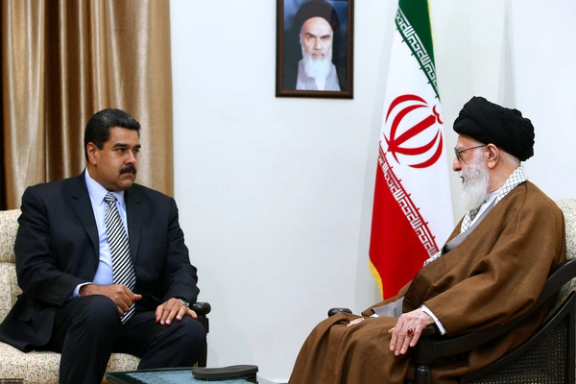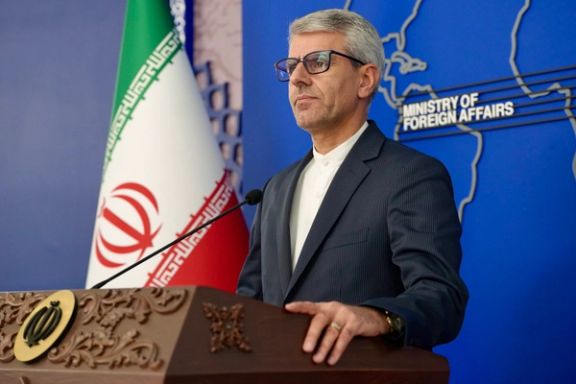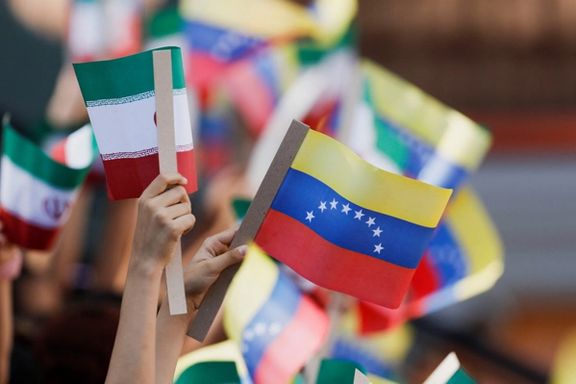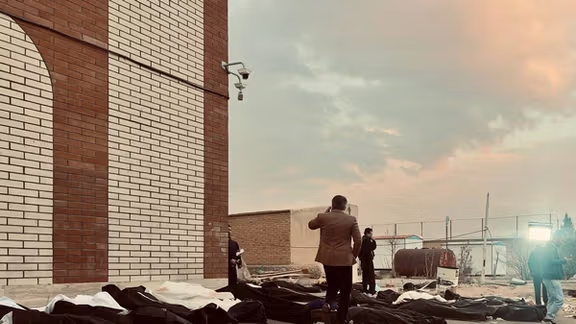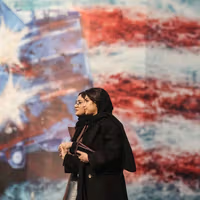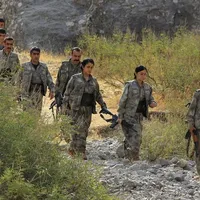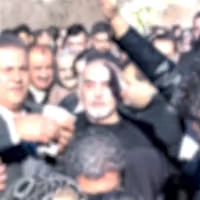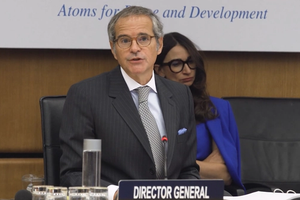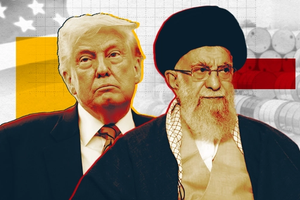“The Islamic Republic of Iran will under no circumstances negotiate about its defensive capacities,” spokesman Esmail Baghaei said at his weekly briefing.
“The Iranian nation will not allow talks on the tools necessary for defending our dignity and independence.”
On possible withdrawal from the Nuclear Non-Proliferation Treaty, he said the issue remains with parliament and no decision has been made.
EU mechanism under review in Tehran and Brussels
Baghaei confirmed that EU contacts continue after Britain, France and Germany triggered the snapback mechanism on August 28, demanding wider access for IAEA inspectors and accounting for Iran’s uranium stockpile.
“Contacts between the two sides continue on a rolling basis—both at ministerial level and among deputies,” he said.
He called the foreign minister’s meeting with EU foreign-policy chief Kaja Kallas in Doha “useful” and confirmed Tehran is reviewing proposals exchanged with Brussels.
“We and the European side must examine and finalize these proposals in the relevant bodies,” he said, adding that further exchanges are likely but no timetable has been fixed.
A third round of talks with the IAEA ended on Saturday and is now being assessed in Tehran. “After the final assessment, the next stage of negotiations will be announced,” Baghaei said.
Moscow and Beijing stance
Baghaei pointed to a joint letter signed with Russia and China rejecting the European attempt to restore sanctions under Resolution 2231.
“Both countries believe that the three European states lack the legal competence to restore UN sanctions, because they have repeatedly and continuously breached their obligations,” he said.
A growing number of Security Council members share that view and argued that reverting to pre-2010 measures would be “illegal, unjustified and damaging,” he argued.
Tehran has been preparing “for all scenarios” in coordination with Moscow and Beijing, Baghaei added, describing them as key partners in the Security Council, BRICS and the Shanghai Cooperation Organization.
He confirmed Iran will present a resolution at the IAEA General Conference later this month, aimed at prohibiting attacks on nuclear facilities. The draft, he said, reflects existing international law and criticized Washington for threatening to halt agency funding if it is adopted.
Broader politics
Baghaei addressed Iran’s outreach to Venezuela, saying support is based on “principles of international law and awareness of the dangers of unilateralism and bullying.”
On China, he said Tehran’s 25-year cooperation agreement with Beijing is also progressing “without particular problems,” though oversight is required to address challenges as they arise.
On US limits to Iranian participation at the UN, Baghaei called the restrictions a violation of international rules but confirmed President Masoud Pezeshkian will attend the General Assembly in New York.
The spokesman ended by criticizing Washington’s proposed renaming of its defense department, saying it “explicitly declares its hostility to the principles and norms of international law.”
Donald Trump on Friday signed an executive order renaming the Department of Defense as the Department of War, reviving the title the agency held from 1789 until 1947.
